Look, we fix cars for a living. But that doesn’t mean we’re going to tell you to throw money at something that isn’t worth it. In fact, there are plenty of times we tell folks not to fix their vehicle, and we do it with confidence. Sometimes the best way to take care of your ride… is to let it go.
This comes up more often than you might think. A customer comes in with a big repair estimate and that familiar look on their face: “Is it worth it?” So let’s break it down, plain and simple. Here’s how to know when it’s time to stop fixing your car—and what to do next.
When Repairs Just Don’t Make Sense
We call this the “worth it math.” It’s not complicated. If your car is only worth $3,500 and you’re staring at a $2,500 repair, it’s time to stop and think. Could that money go toward something newer, safer, and more reliable?
There’s no magic formula, but here’s a solid rule of thumb:
If the cost of the repair is more than half the value of the car, it’s time to seriously consider moving on.
That’s not a hard stop. We’ve had customers with sentimental attachments or rare vehicles who go beyond that. But for most folks, this is a helpful line in the sand.
A Quick Story From My Own Family
My son Austin, who lives out in California, ran into this exact situation last year with his 2004 Ford Mustang. For a 20-year-old car, it had relatively low mileage. But then one day, he was blindsided by a repair estimate that exceeded the car’s entire value.
He gave me a call, and we talked it through. I didn’t tell him to fix it. I told him the truth, it just wasn’t a smart investment.
In the end, he sold the car to one of the mechanics at the shop. That tech planned to fix it up for his own son, who had just gotten his driver’s license. It worked out well for both of them. Austin moved on without draining his bank account, and that Mustang got a second life as someone else’s first car.
It was a solid reminder that letting go of a car doesn’t mean you’ve given up. Sometimes, it’s just the smarter move forward.
Big Red Flags: Signs It’s Time to Let Go
- The Engine or Transmission Is Toast
We’re talking about the heart of the vehicle. If the engine seizes or the transmission fails and your car’s older or high-mileage, you’ve hit a major fork in the road. These jobs can run $4,000 to $7,000, and that’s before we talk about any other repairs waiting in line.
Reality check: If the car’s not worth that much to begin with, it’s probably not a smart investment.
- The Frame Is Damaged
If you’ve been in a bad accident or the Midwest salt has taken its toll underneath, frame damage can be a dealbreaker. It’s expensive to fix, and even then, the car might never drive or protect you the way it used to.
Bottom line: If the foundation isn’t solid, you’re rebuilding on shaky ground. Not worth the risk.
- It’s Draining Your Wallet Every Month
One month it’s the alternator. The next it’s the suspension. Then the check engine light comes back on… again. Eventually, it hits you, you’re basically making a car payment, and still stuck with an unreliable vehicle.
We call this the nickel-and-dime spiral. If that’s where you are, it might be time to put the calculator away and talk about a smarter option.
- You Don’t Trust It Anymore
Even if it starts in the morning, if you’re crossing your fingers every time you hit a stoplight or wondering if you’ll make it home, that’s a sign. Your car should give you confidence and not anxiety.
Your peace of mind matters. If every trip feels like gambling, it’s probably time to move on.
- It Doesn’t Fit Your Life Anymore
Maybe you bought it before the kids, or back when gas was cheap. Maybe it was perfect for weekend drives but not for your daily commute. Life changes. And if your vehicle isn’t keeping up, it may be time for something that does.
When It Does Make Sense to Repair
Now, not every big repair is a bad idea. There are plenty of times when fixing the car is absolutely the right move:
- The car is paid off and otherwise reliable
- The issue is isolated (like a starter or brakes)
- You’ve stayed on top of maintenance, and this is the first major problem
- It’s low-mileage and just hit a rough patch
- It’s got sentimental value, which matters too
If that’s your situation, we’ll roll up our sleeves and get it back on the road the right way. But if not? We’ll shoot straight. No pressure. No guilt.
If It’s Time to Move On… Here’s What You Can Do
So you’ve decided not to fix it. What now? You’ve got a few options:
- Sell it as-is – Someone might want it for parts or as a project (like my son did)
- Trade it in – Dealers will usually offer something, even for non-runners
- Donate it – Some local charities accept vehicles and offer tax deductions
- Recycle it – Salvage yards can handle disposal and should give you scrap value
We’re happy to help you figure out the best next step, based on your car’s condition and your goals.
Let’s Talk It Through—No Pressure, Just Honesty
If you’re not sure what to do, come see us. We’ll walk you through the numbers, show you photos, and explain the what and why in plain English. You’ll know exactly:
- What’s urgent
- What’s optional
- What it’s going to cost
- And when it’s time to stop the bleeding
If we think you’d be better off putting your money toward a different vehicle, we’ll say so, loud and clear. No scare tactics. Just straight talk from a team that cares more about your trust than your ticket size.
Stop by one of our shops in DeKalb or Sycamore, give us a call, or Book an Appointment online.
We’re here to help you move forward, whether that means fixing your car, or finally letting it go.

